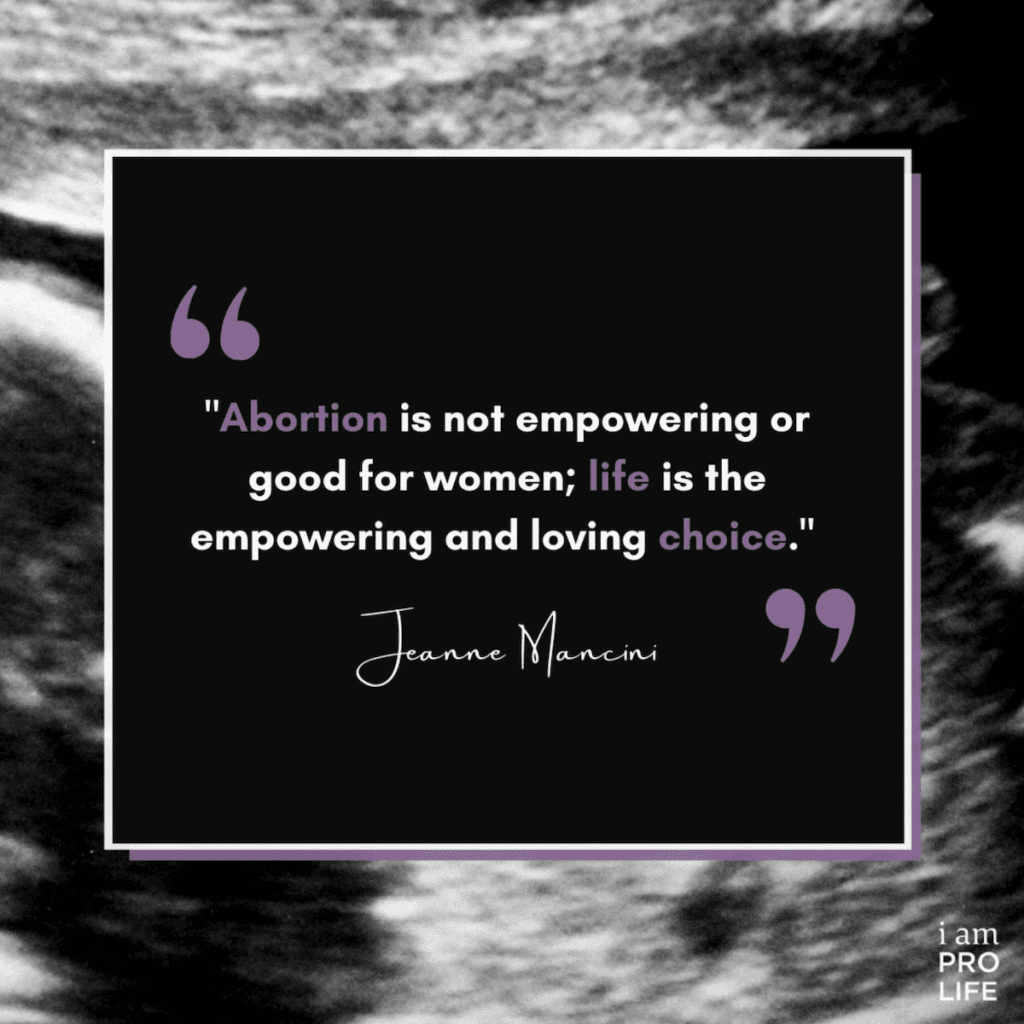Debates. Hypotheses. Unending Expansion of Accademia. Philosophies. Opinions. Arguments.
From the moment Adam and Eve ate of the tree, a significant void plagued the human mind. The void is labeled as ignorance. Since the dawn of time, humanity has been searching for a remedy to fill the void of ignorance. Although the void can never be filled on this side of heaven, humanity has discovered that truth does exist. So much of our lives is spent attempting to pinpoint the truth. Generally, we value truth in high regard. Humanity subconsciously understands that our words and actions would hold no weight in our communities if we didn’t consider the truth to be necessary. Truth is valued, sought after for progress to be made individually or collectively. Truth is of seemingly infinite value. Because of this fact, it is crucial to have a strong concept of what “truth” actually means. Are there criteria of truth? If so, what are the criteria?
Inconsistencies in Pro-Choice Arguments
There are dozens of revered theories related to the makeup of truth. However, almost all fundamental theories agree that truth includes the following three pillars: Logical Consistency, Empirical Adequacy, and Correspondence. These three pillars must be present in every conversation for the ideas to prove meaningful. When observing the current conversations about the sanctity of life, it has become increasingly clear that some of the commonly quoted arguments from the pro-choice movement do not align with the criteria of truth.
When someone realizes their argument is incoherent in light of other truths, they are faced with two options: adjust their position on the topic or adjust the meaning of their language. Unfortunately, many in favor of the pro-choice argument have chosen to change the meaning of certain words and phrases. This is often a desperate attempt to remain consistent and coherent when taking their stance.
Honest Definitions
When having discussions about the sanctity of life, supporters of abortion run into stumbling blocks when confronting certain words. A truthful, unfiltered definition of abortion would be more along the lines of, “The deliberate extraction of an unborn baby from a mother’s uterus.” Furthermore, the expected result of any abortion procedure is the certain death of the preborn baby.
However, this is not the definition that we hear from those that support abortion. The language of abortion supporters is construed to appear soft, harmless, and compassionate. The word that is most often avoided when speaking about abortion is the word “baby.”
The human perception of a baby is one of purity, innocence, beauty, and potential. To avoid creating the natural positive perception of a baby in the minds of our society, abortion supporters use the word “fetus” to describe the living being within a woman’s uterus. Of course, when doing a simple google search to find the definition of a “fetus,” you will quickly find the word is almost universally defined as “an unborn life.”
The word fetus does not argue against the pro-life message. The word actually describes an unborn human life. However, in an attempt to manipulate the English language, pro-choice advocates have adopted this word to use when describing abortion to soften the blow of reality.
Word Choice Matters
Communication can be achieved in many ways. The most straightforward way to communicate complex ideas is to communicate through language, either written or spoken. When people begin to manipulate the way that language is used, language becomes useless. It entirely fails to fulfill the purpose that it was created for: to communicate.
If we place meaning on words arbitrarily, without agreeing with anyone else in our culture that a certain meaning should be placed on this word, then the word is useless. Clear thoughts cannot be transferred from one human to another if language is manipulated.
Phrases such as, “her right to choose” and “her body her choice” are other attempts to empower women while manipulating the English Language. These phrases distract people from the harsh reality of abortion so that people can be mentally and emotionally relieved of the responsibility to consider what abortion truly is. When directing attention away from abortion, those promoting the pro-choice argument can begin to express compassion for women in a time of fear. They use these phrases to distract, pouncing on the opportunity to show mercy toward women. And sadly, this argument is highly attractive for young people, despite many fundamental inconsistencies. The average Gen Z individual sees pro-life ideas as the position of restriction and the pro-choice argument as a position of compassion.
More articles on becoming Pro-Life:
Facing the Pro-Choice Argument
The pro-choice argument is powerfully deceitful, painting the pro-lifers as indifferent toward women. The pro-life movement can combat this attack on our reputation with genuine love and compassion. As a movement, we can grow in our ability to express sympathy for women as we speak about these complex issues. On our social media platforms and on debate stages, we can continue to keep the wellbeing of the abortion-minded woman at the forefront of our minds.
Humanity craves truth. It is difficult for any human being to subscribe to fundamentally inconsistent beliefs. In this way, the pro-life movement has an advantage. The ideas within this movement are fundamentally coherent, consistent, and unfiltered. When the pro-life position is presented from a heart of compassion, and when the truth of abortion is communicated with clarity, the movement grows. People may agree with our logic, but they will be initially attracted to by our love.
As a movement, we must choose to lay aside our pride in moments of debating. We must be willing to be disrespected, just as Christ was. For the sake of future generations, we must maintain our position of love, compassion, and truth. God wants this movement to succeed, but we must be willing to partner with Him. We must fight with His love. Let’s display genuine, meaningful compassion to our world rather than a desire to be “correct.” There are lives on the line.


















